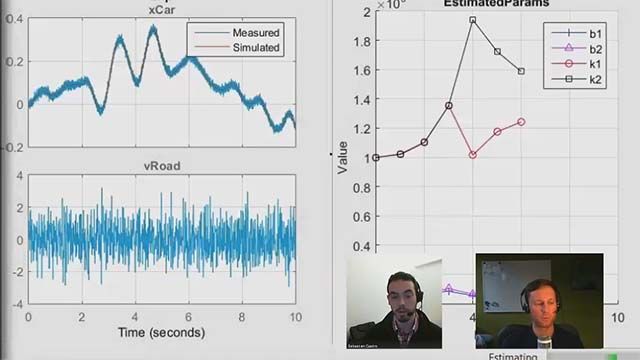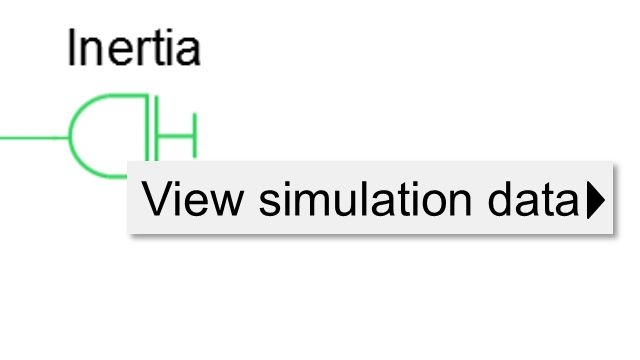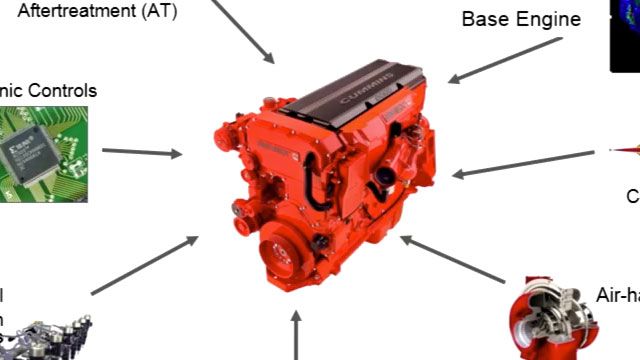Data-Driven Concepts | Improving Your Racecar Development, Part 2
From the series: Improving Your Racecar Development
Model the physical systems of your racecar and learn about the wide variety of modeling methods. Sebastian Castro and Christoph Hahn, of MathWorks, introduce a variety of modeling approaches and demonstrate them in Simulink®.
Sebastian describes the differences between plant models and algorithmic models and how to decide which model is best for your situation. Plant models are a virtual prototype of a real physical system, whereas an algorithmic model is where you can test your algorithms on your simulation. With Simulink, you can combine these two types of modeling and use available analysis tools to further improve your design.
After introducing the basics of physical modeling in Part 1, Sebastian shows how parameter estimation works. This method uses measured data to set up and tune a model starting from an initial set of parameters. Finally, Sebastian demonstrates system identification. This method is useful when you have no idea what the equations are and base the model completely off of experimental data.
The demonstrations start with a model created from only mathematical equations, finish with a model built from experimental data, and combine the two approaches to show that there are many ways to model a component. Sebastian and Christoph provide insight into the variety of modeling options and provide tips on how to choose the best model.
Find all models used in this episode on MATLAB Central File Exchange.
Published: 8 Jun 2015






